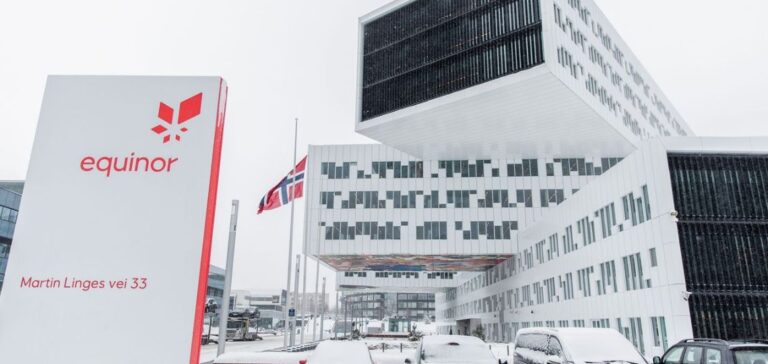In the first quarter of 2024, Equinor posted net earnings of $2.67 billion, compared with $4.96 billion in the same period the previous year. This significant reduction is mainly attributable to lower gas prices, which fell by 38% in the United States and 55% in Europe. These markets had previously benefited from high prices due to geopolitical tensions affecting Russian gas supplies.
Production sector performance
Despite lower profits, Equinor’s production increased slightly. Daily production now stands at 2.164 million barrels of oil equivalent, up from 2.130 million barrels in the first quarter of 2023. This increase illustrates the company’s ability to adapt to difficult market conditions.
Other financial indicators
Adjusted operating income, a key indicator for Equinor, fell by 37% to $7.53 billion. At the same time, sales fell by 14% to $25.14 billion. These figures reflect the impact of market volatility on Equinor’s global operations.
Impact of oil prices on the company
The price of a barrel of Brent crude oil from the North Sea, Equinor’s benchmark, rose by 2% over the year. This slight increase contrasts with the sharp fall in gas prices, highlighting the challenges and opportunities in various market segments for Equinor.
Equinor is facing a difficult market environment with sharply falling gas prices. However, the company is proving resilient thanks to a slight increase in production and strategic management in the face of market volatility.






















